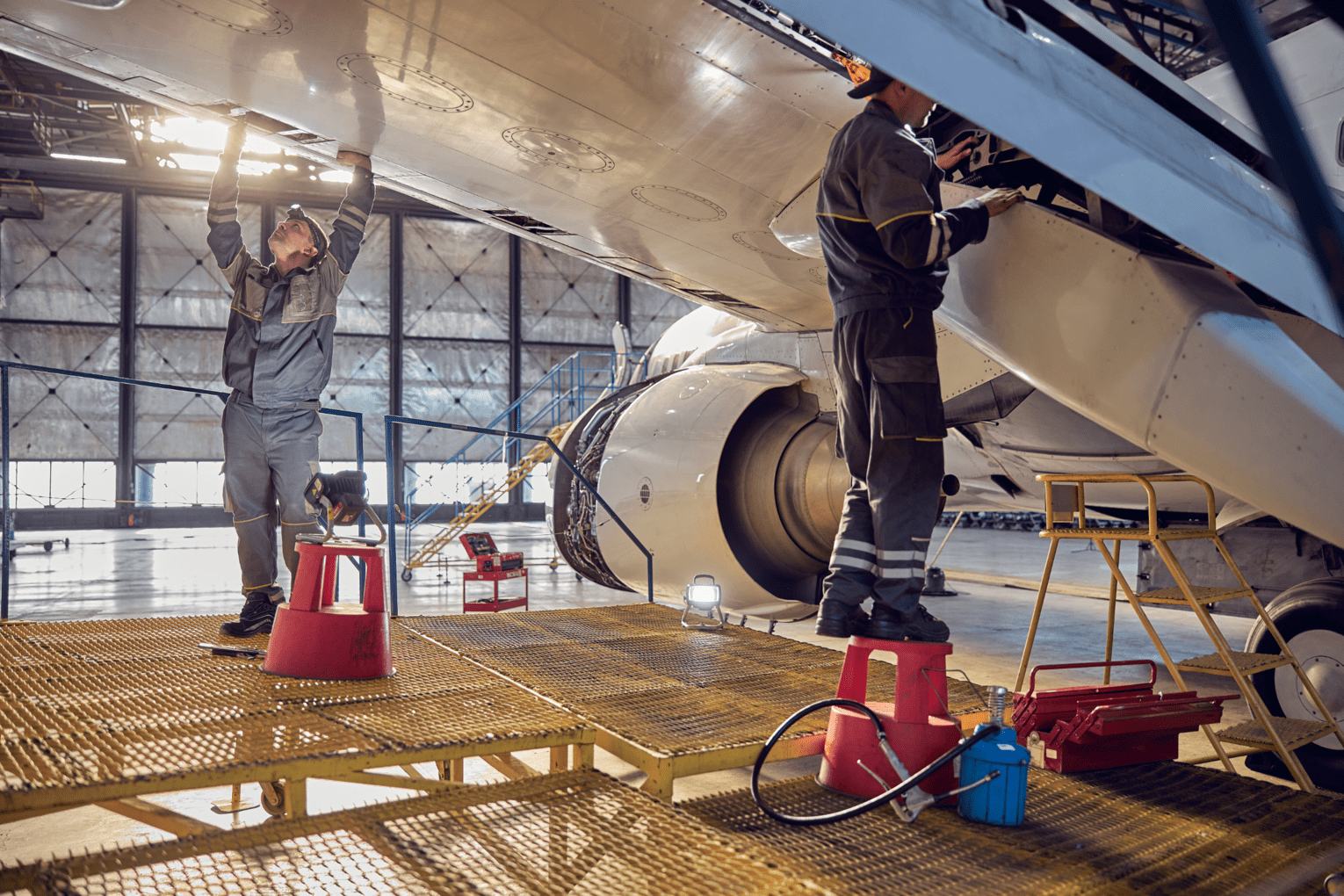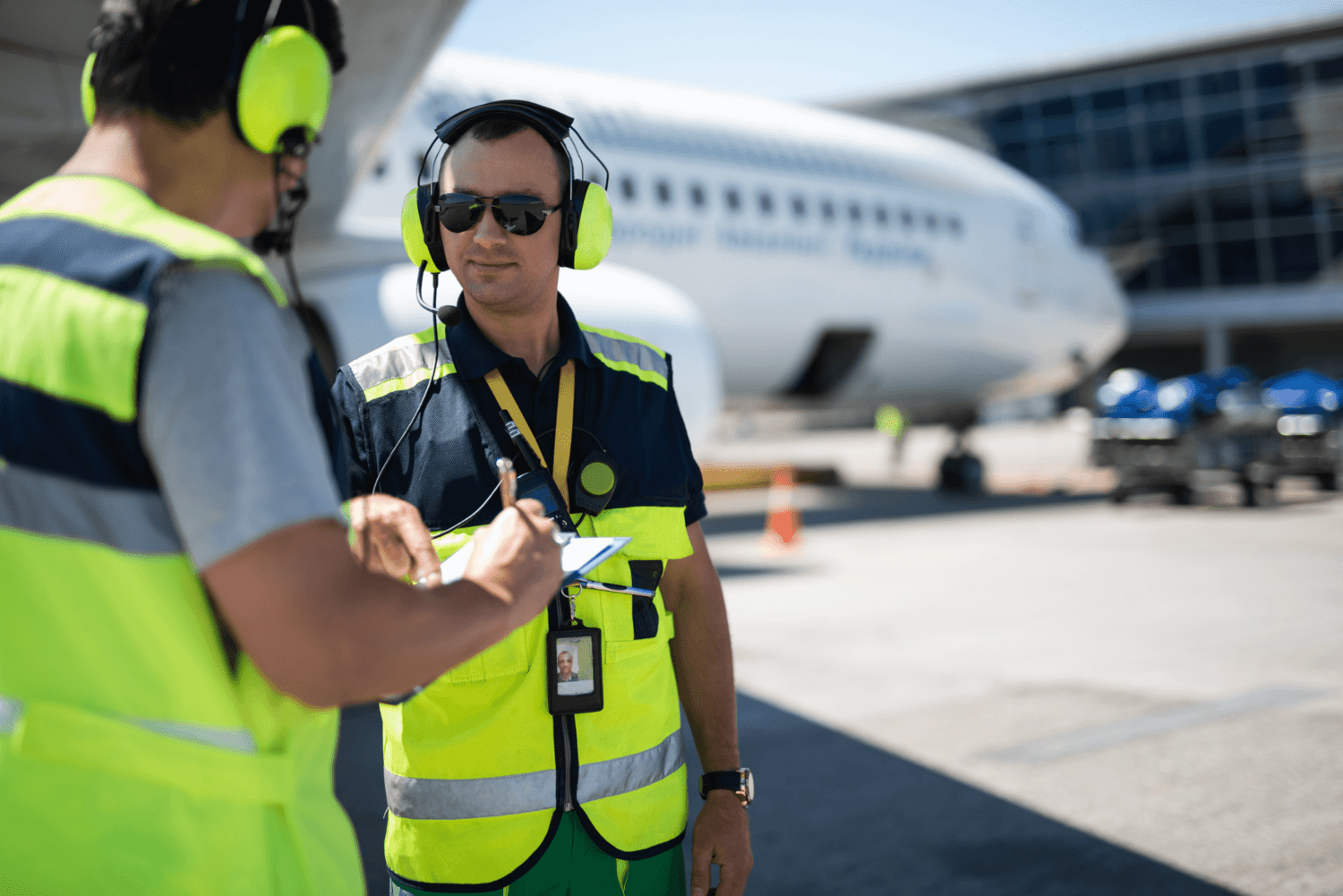
Release date : 2020-09-09
The development of spare parts supply chain in the Baltic States may be enhanced by the growing passenger markets
According to the latest ACI Europe airport review, the Baltic States are among the fastest growing passenger markets, with 38,7% and 28.4% year-to-year passenger increase at Vilnius and Tallinn airports respectively. Should the figures keep rising in the future, regional carriers will naturally increase the number of both flights and routes. However, with more flight hours per airplane accumulated, airlines will generate extra demand for MRO services and will face an increased chance of AOG situations, thus accelerating the demand for aircraft spare parts as well.
‘Should the Baltic aviation market continue growing at a similar rate, we will definitely see an increase in demand for spare parts and MRO services. In 2011 Latvia served over 5 million air passengers – that is 10% more than in the previous year. In May Estonian Air alone conducted over 2190 flights – almost twice as much as it had done in May 2011. Needless to say, this is an outstanding improvement for the carrier, but on the other hand this means extra MRO-related expenses and risks, since the more flight hours or cycles the airplane conducts, the more aircraft checks should be performed,‘ commented the CEO of Locatory.com Zilvinas Sadauskas.
Currently the combined MRO market in the Baltic States and Eastern Europe is worth approx. $500-600 million with a potential to almost double by 2020, according to ICF SH&E. An intensified usage of the fleet, followed by higher risks of AOG situations, as a respond to the increasing passenger load may become one of the MRO market growth factors.
According to the annual GDP growth of EU countries in 2011, the Baltic States have the fastest growing economies in Europe
‘According to the annual GDP growth of EU countries in 2011, the Baltic States have the fastest growing economies in Europe. It is no surprise that this has positively affected the local travel and air transport industry, especially considering Latvia where aviation accounts for 2% of national GDP, according to IATA. However, the sub-region is quite small, considering the number of local and international carriers operating in it. In such ultra-competitive market airlines are simply unable to afford to handle downtimes such as AOG on their own, especially carriers with no hubs in region. That is why the Baltic States would definitely welcome a successful development of the local spare parts supply market. Still, in order to benefit from the market development, airlines need to adopt and make the most out of more cost and time-effective part supply tools. Considering, for example, that Estonia has one of the highest Internet penetration rates in the world, it is obvious that parts’ e-procurement and other Internet-based supply solutions would be the departing point for the airlines to ensure their optimal performance in the sub-region,’ commented Zilvinas Sadauskas.


